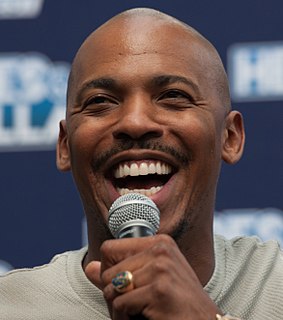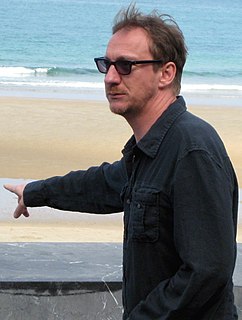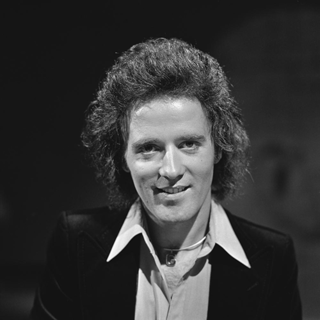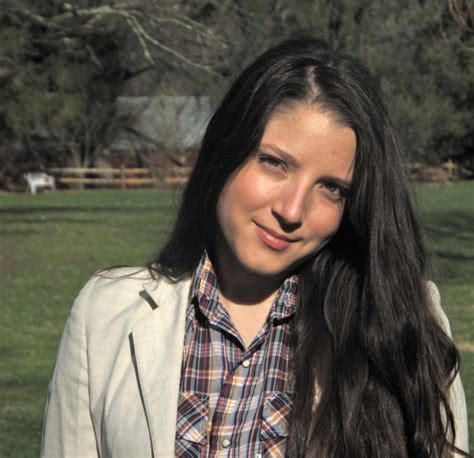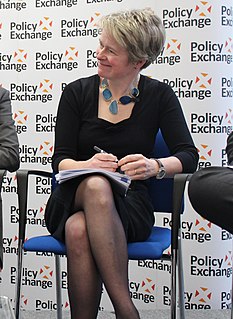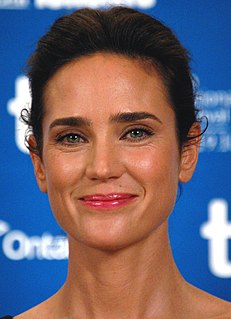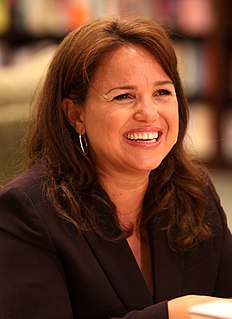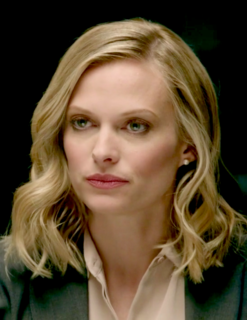A Quote by Richard Gere
My first encounter with Buddhist dharma would be in my early 20s. Like most young men, I was not particularly happy.
Related Quotes
I think it would help if, when people are first ordained, they underwent a period of strict training, maybe for several years. During this time they would learn basic Buddhist philosophy in a monastic community where all the teaching and training was directed toward living a perfect monastic life and wasn't channeled out to fit into the lay life - which is what usually happens in Dharma centers where the teachings are directed toward how to live the Dharma in your everyday life.
In my early to mid-20s, a fear of confrontation made it difficult for me to end relationships in a mature or even quasi-sane way. Instead, I would hang on resentfully, praying that my doomed beau would end things first and spare me the displeasure. To add hindrance to hang-up, the men I chose were usually just as stoic as I was.
If you're in your early 20s and you're hanging out with a bunch of other people in their early 20s, nobody has a sense of the kinds of problems that real 'workers' run into every day. They're running into a completely different set of problems like 'what's the party going on right now that I should be going to?
If you're in your early 20s and you're hanging out with a bunch of other people in their early 20s, nobody has a sense of the kinds of problems that real 'workers' run into every day. They're running into a completely different set of problems like 'What's the party going on right now that I should be going to?'
I wasn't brought up with any religion at all. At school and in my early 20s, I read every religious text I could get my hands on - Buddhist scriptures, Hindu texts, the Qur'an, and the Bible. I wanted to feel like something made sense to me, that there was something sacred I could feel aligned with.
By integrating women into particularly military institutes, it cripples the readiness of our defense. Schools like The Citadel train young men to confidently lead other young men into a battlefield where one of them will die. And when you have women in that situation, it creates a whole new set of dynamics which are distracting to training these men to kill or be killed.


